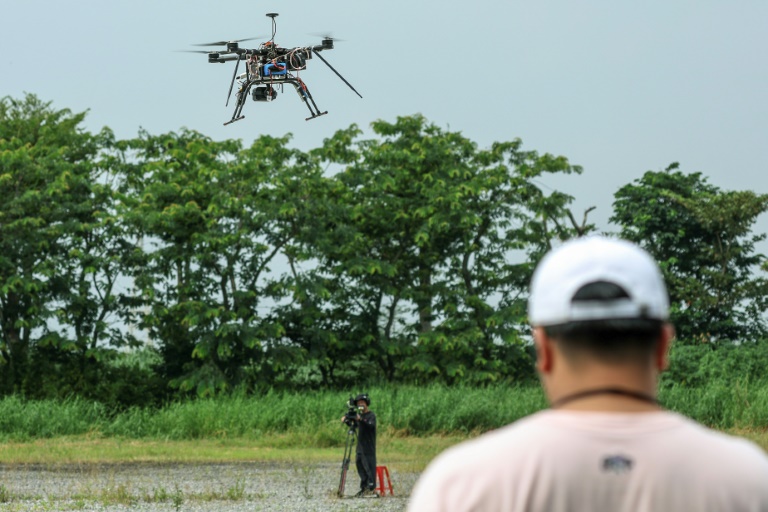New research published in Science Advances paints an uncharacteristically upbeat picture for the planet. This is because more realistic ecological modeling suggests the world’s plants may be able to take up more atmospheric CO2 from human activities than previously predicted.
Despite this headline finding, the environmental scientists behind the research are quick to underline that this should in no way be taken to mean the world’s governments can take their foot off the brake in their obligations to reduce carbon emissions as fast as possible. Simply planting more trees and protecting existing vegetation is not a golden-bullet solution but the research does underline the multiple benefits to conserving such vegetation.
“Plants take up a substantial amount of carbon dioxide (CO2) every year, thereby slowing down the detrimental effects of climate change, but the extent to which they will continue this CO2 uptake into the future has been uncertain,” explains Dr. Jürgen Knauer, who headed the research team led by the Hawkesbury Institute for the Environment at Western Sydney University.
“What we found is that a well-established climate model that is used to feed into global climate predictions made by the likes of the IPCC predicts stronger and sustained carbon uptake until the end of the 21st century when it accounts for the impact of some critical physiological processes that govern how plants conduct photosynthesis.
“We accounted for aspects like how efficiently carbon dioxide can move through the interior of the leaf, how plants adjust to changes in temperatures, and how plants most economically distribute nutrients in their canopy. These are three really important mechanisms that affect a plant’s ability to ‘fix’ carbon, yet they are commonly ignored in most global models” said Dr. Knauer.
2023-11-19 03:41:03
Article from phys.org



















